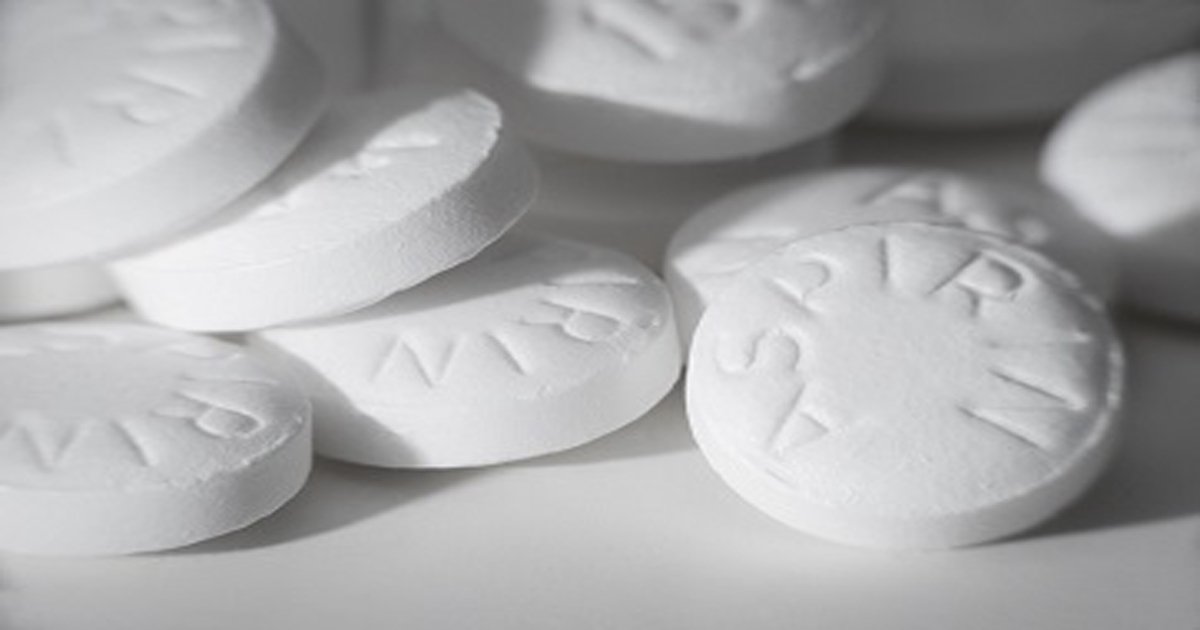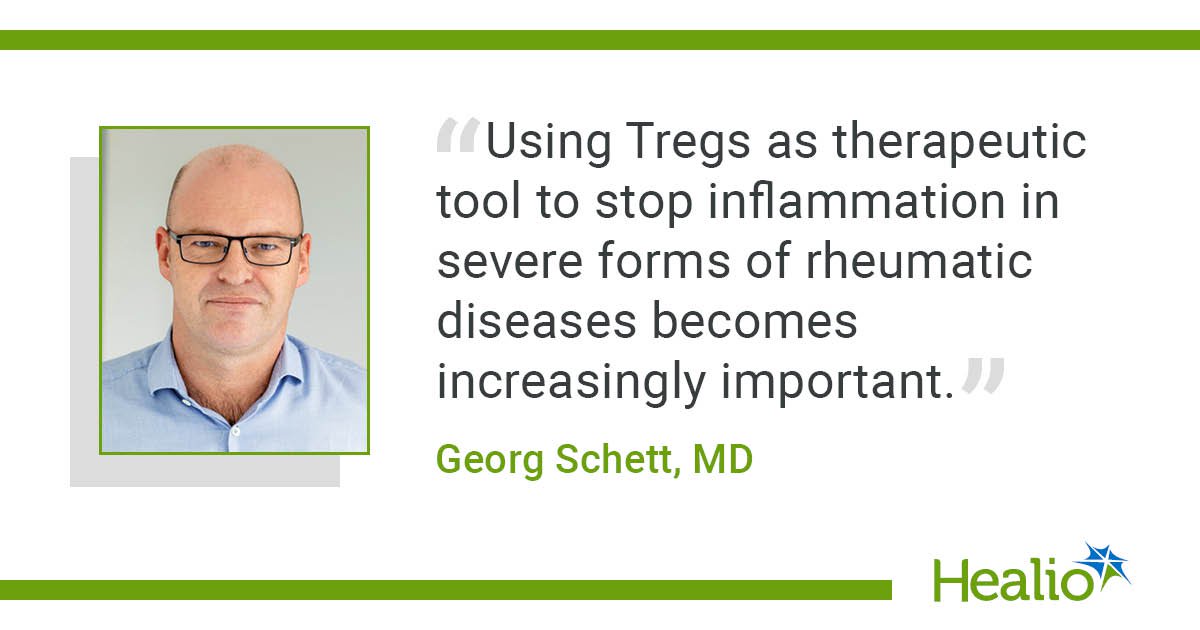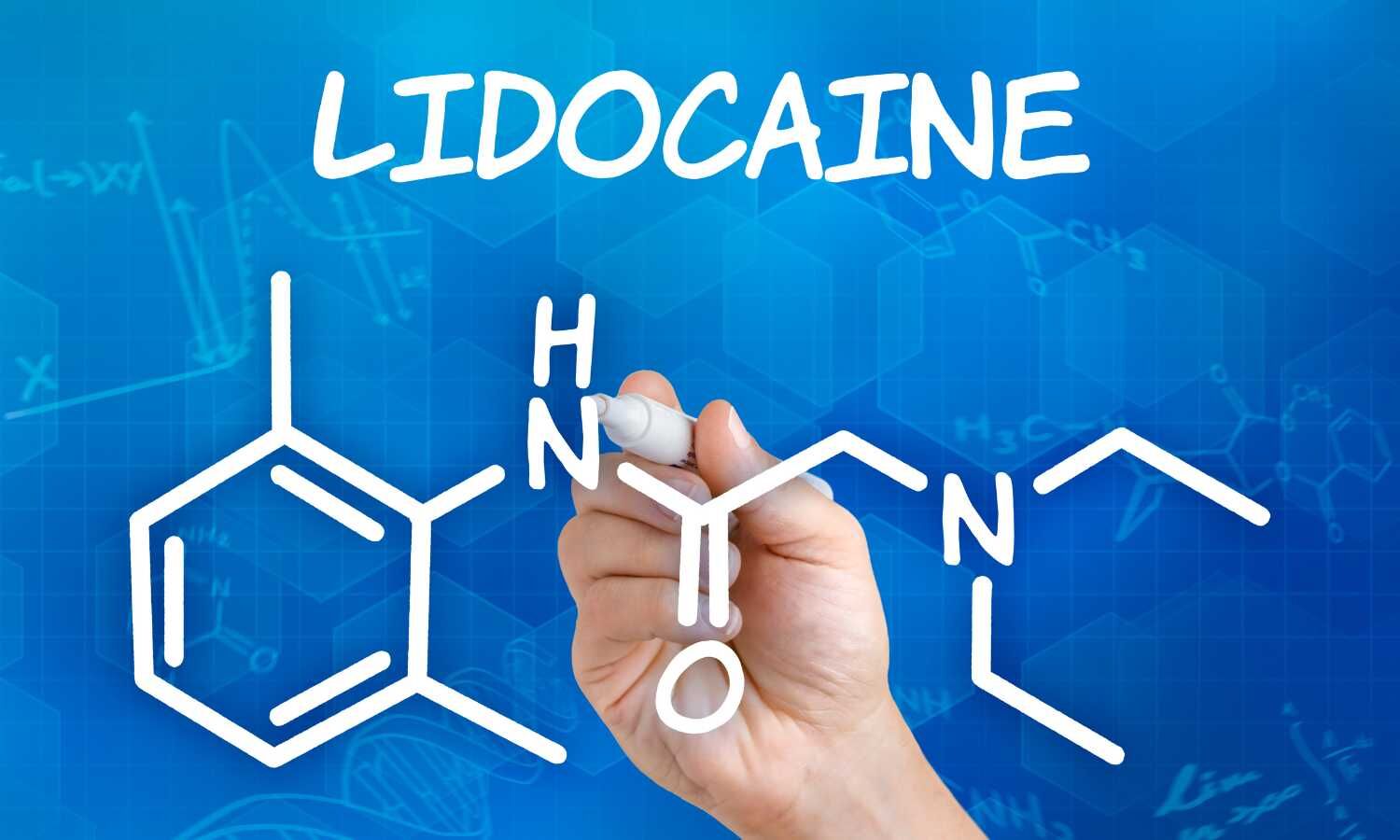August 31, 2025
2 min read
Key takeaways:
- Aspirin use increased risk in patients with chronic coronary syndrome on oral anticoagulation.
- The AQUATIC trial was stopped early due to excess deaths in the aspirin group.
In patients with chronic coronary syndrome on long-term oral anticoagulation, use of aspirin was linked with increased risk for ischemic events, bleeding and death, researchers reported at the European Society of Cardiology Congress.
For the AQUATIC trial, simultaneously published in The New England Journal of Medicine, Martine Gilard, MD, PhD, FESC, director of the interventional cardiology department at Brest Hospital University, France, and colleagues randomly assigned 822 patients with chronic coronary syndrome who had undergone stent implantation at least 6 months prior to enrollment and were receiving long-term oral anticoagulation (mean age, 71.7 years; 85.3% men) to receive aspirin or placebo. Eighty-nine percent of patients were on oral anticoagulation for stroke prevention due to atrial fibrillation.

Aspirin use increased risk in patients with chronic coronary syndrome on oral anticoagulation. Image: Adobe Stock
“These patients were at high risk of thrombotic events,” Gilard said during a press conference. “All patients had a previous stent before inclusion.”
The primary outcome was a composite of CV death, MI, stroke, systemic embolism, coronary revascularization or acute limb ischemia.
The trial was stopped early, at a median follow-up of 2.2 years, because of excess all-cause deaths in the aspirin group, Gilard said at the press conference.
During the study period, a primary outcome event occurred in 16.9% of the aspirin group compared with 12.1% of the placebo group (adjusted HR = 1.53; 95% CI, 1.07-2.18; P = .02), according to the researchers.
All-cause mortality occurred in 13.4% of the aspirin group vs. 8.4% in the placebo group (aHR = 1.72; 95% CI, 1.14-2.58; P = .01), the researchers found.
In addition, major bleeding according to International Society on Thrombosis and Haemostasis criteria occurred in 10.2% of the aspirin group vs. 3.4% of the placebo group (aHR = 3.35; 95% CI, 1.87-6; P < .001), Gilard said at the press conference.
Net adverse clinical events, defined as death from any cause, atherothrombotic CV event or major bleeding, occurred in 28.6% of the aspirin group vs. 17.3% of the placebo group (aHR = 1.45; 95% CI, 1.39-2.46; P < .001), the researchers found.
There was no difference between the groups in atherothrombotic CV events, defined as MI, stent thrombosis, stroke, coronary revascularization, systemic embolism or acute limb ischemia (aHR = 1.27; 95% CI, 0.83-1.95), Gilard said at the press conference.
There were 467 serious adverse events in the aspirin group and 395 serious adverse events in the placebo group, according to the researchers.
“My take-home message would be that stented patients with the necessity to have an oral anticoagulant who are at high thrombotic risk don’t have to receive aspirin in clinical practice,” Gilard said at the press conference. “I think this is a very strong message [that should] change practice.”











